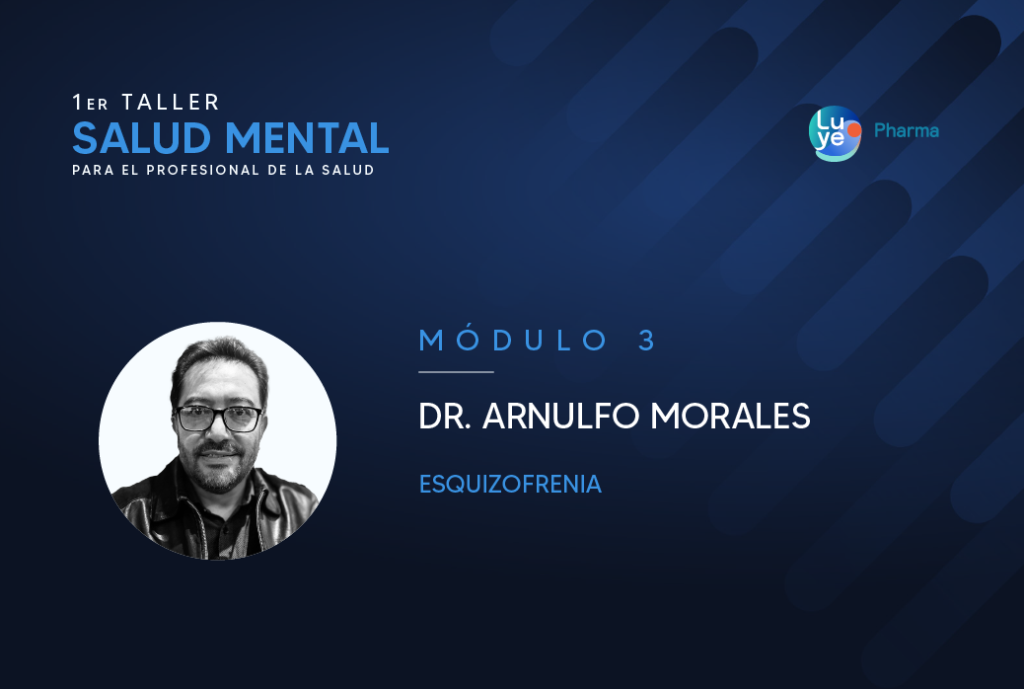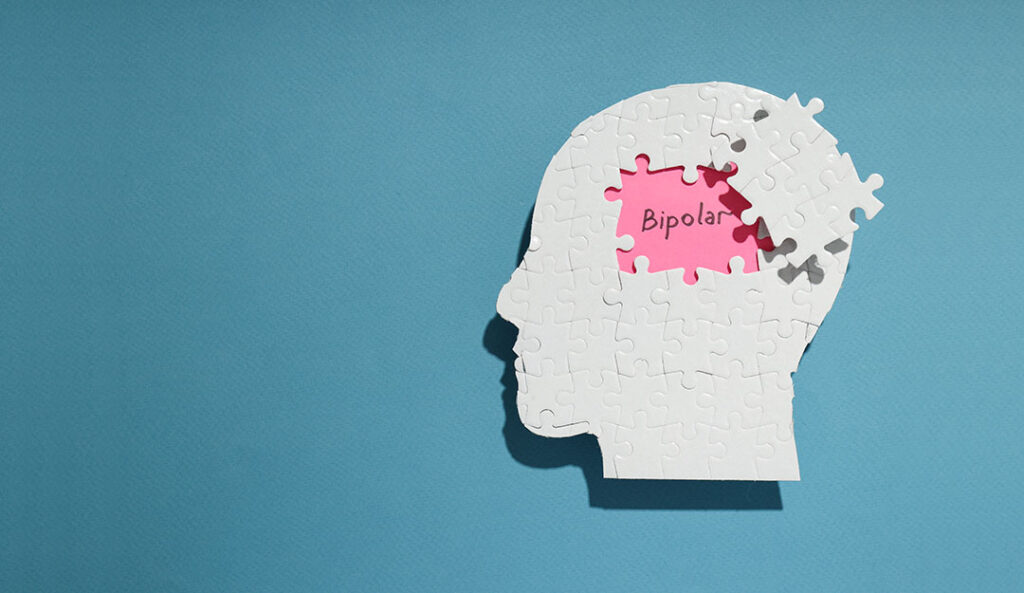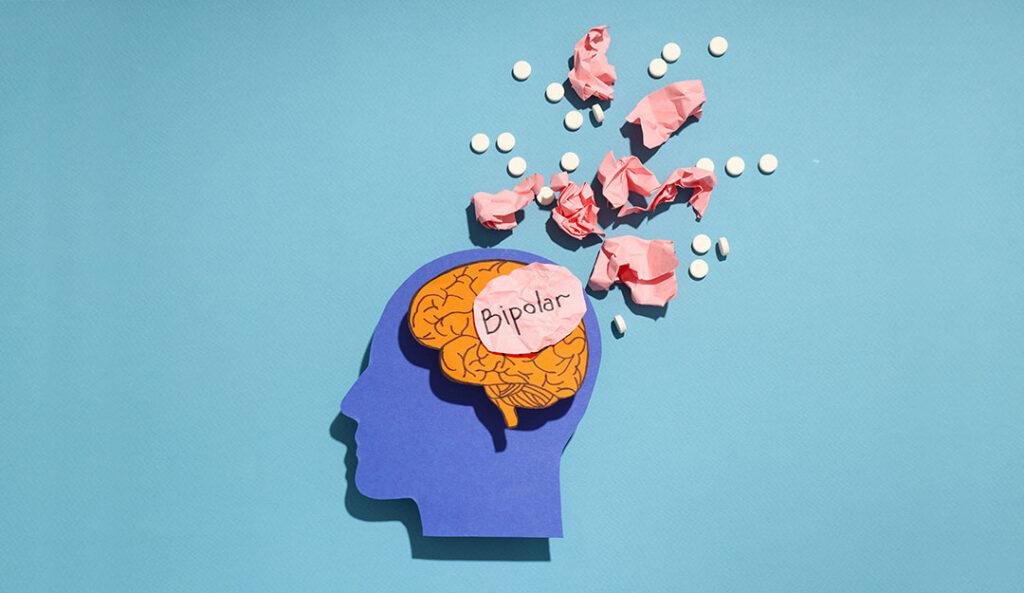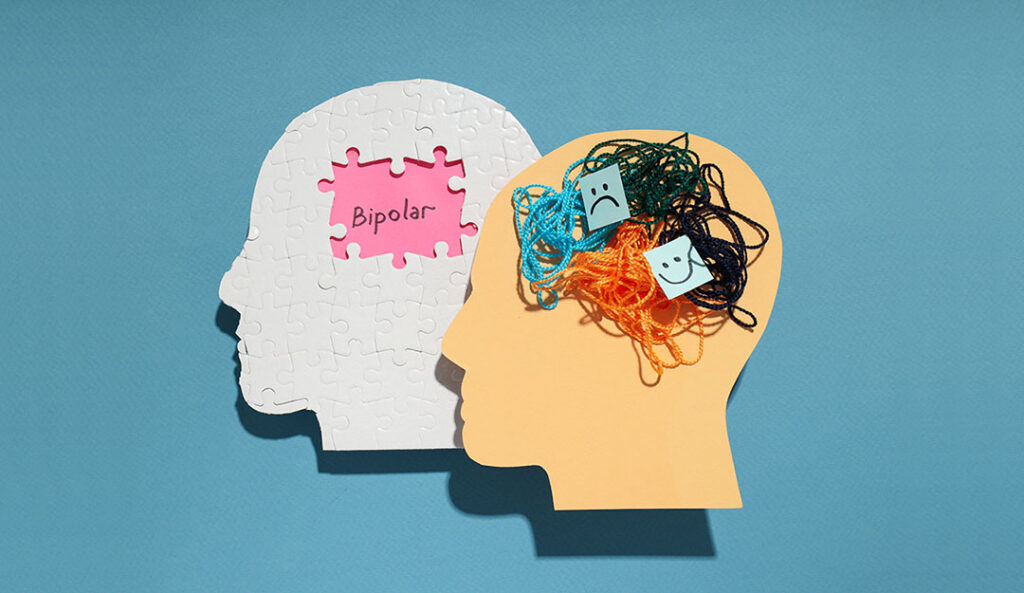TRASTORNO AFECTIVO BIPOLAR – SEGUIMIENTO EN EL 1ER. NIVEL DE PX.
https://luyelearning.com/wp-content/uploads/2023/10/taller-salud-mental-3-tema-2.mp4 TALLER DE SALUD MENTAL PARA EL PROFESIONAL DE LA SALUD – MÓDULO 3 Expertos profesionales de la salud nos comparten sus experiencias y conocimientos en temas de Salud Mental, Diagnóstico y Tratamiento de Trastornos Mentales, entre otros temas relevantes.
TRASTORNO AFECTIVO BIPOLAR – SEGUIMIENTO EN EL 1ER. NIVEL DE PX. Read More »























